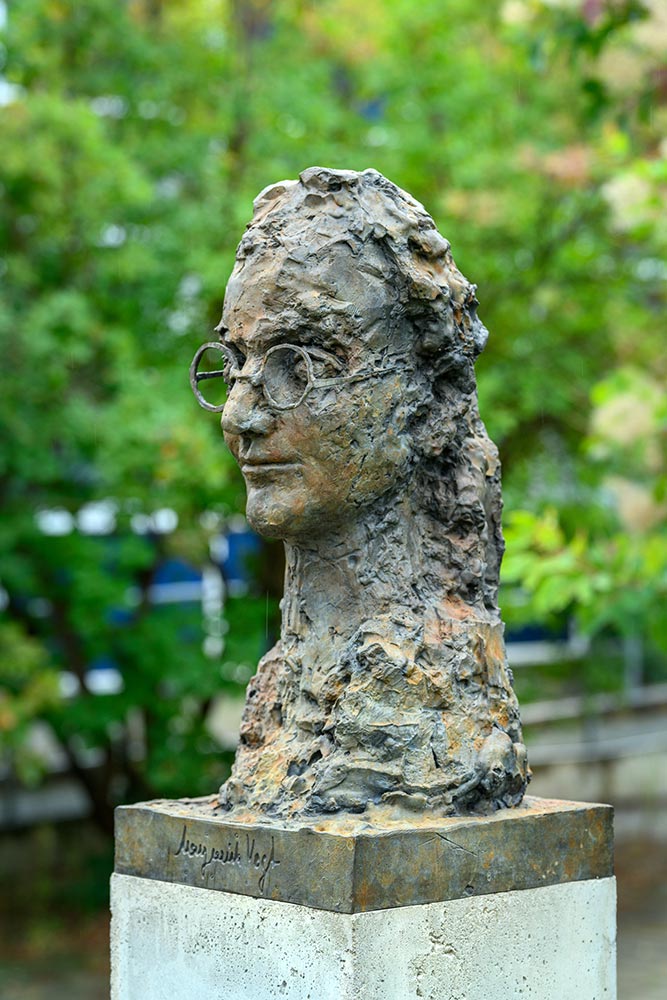2Marguerite Vogt
February 13, 1913 in Berlin –
July 6, 2007 in La Jolla, California, USA

Marguerite Vogt was a German cancer researcher and virologist whose work provided important insights into poliomyelitis and cancer research.
Vogt was the daughter of Oskar and Cécile Vogt and the younger sister of Marthe Louise Vogt. She studied medicine in Berlin, where she graduated in 1937 with a doctorate. The same year she followed her parents to the Institute for Brain Research and General Biology they had founded in Neustadt in the Black Forest. Her first projects dealt with gene mutations in Drosophila. In 1950 she left Germany and went to the California Institute of Techno-logy (Caltech) in the USA, to work with Max Delbrück. Here, in collaboration with Renato Dulbecco, another later recipient of the Nobel Prize, Vogt succeeded in cultivating the polio virus for the first time. This work was crucial in producing and testing vaccines against polio. Marguerite Vogt had an exceptional ability to develop cell cultures, and applied this expertise to the field of carcinogenic (oncogenic) viruses. She succeeded in cultivating other viruses, such as the polyoma virus. In 1963 she followed Renato Dulbecco to the newly founded Salk Institute for Biological Studies, where as a fellow she continued to work on oncogenic viruses and carcinogenesis. She received a professorship in 1973. In the years that followed, she became increasingly concerned with how cancer cells manage to overcome natural limits on the number of divisions cells normally undergo. Her primary focus was the role of telomeres in this type of ”cellular immortalization“. Telomeres comprise many copies of repeating sequences at the tips of chromosomes and have a crucial role stabilizing their structure. Vogt’s investigations made important contributions to understanding the development of tumors. She continued to work in the laboratory even after her retirement, and published her last article in 1998 at the age of 85. She died in California in 2007.
Although Marguerite Vogt was never recognized with a significant prize in her lifetime, today her work is recognized for its fundamental importance regarding questions of developmental genetics in Drosophila, oncogenic viruses, viral transformation and cellular immortalization. Last but not least, her skills in cell culture and her commitment to promoting young researchers made her an important mentor for scientists, including several who went on to win Nobel Prizes.